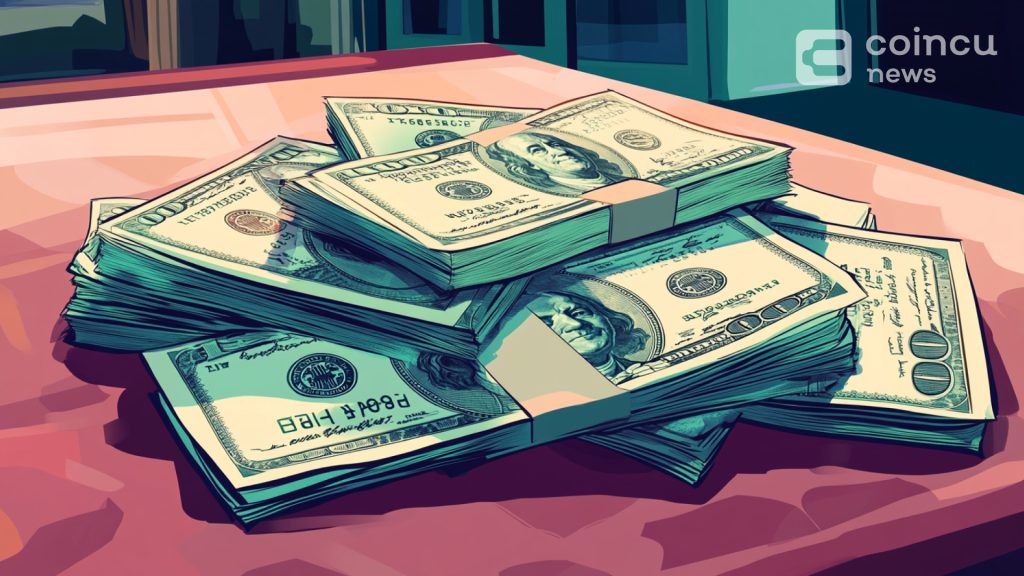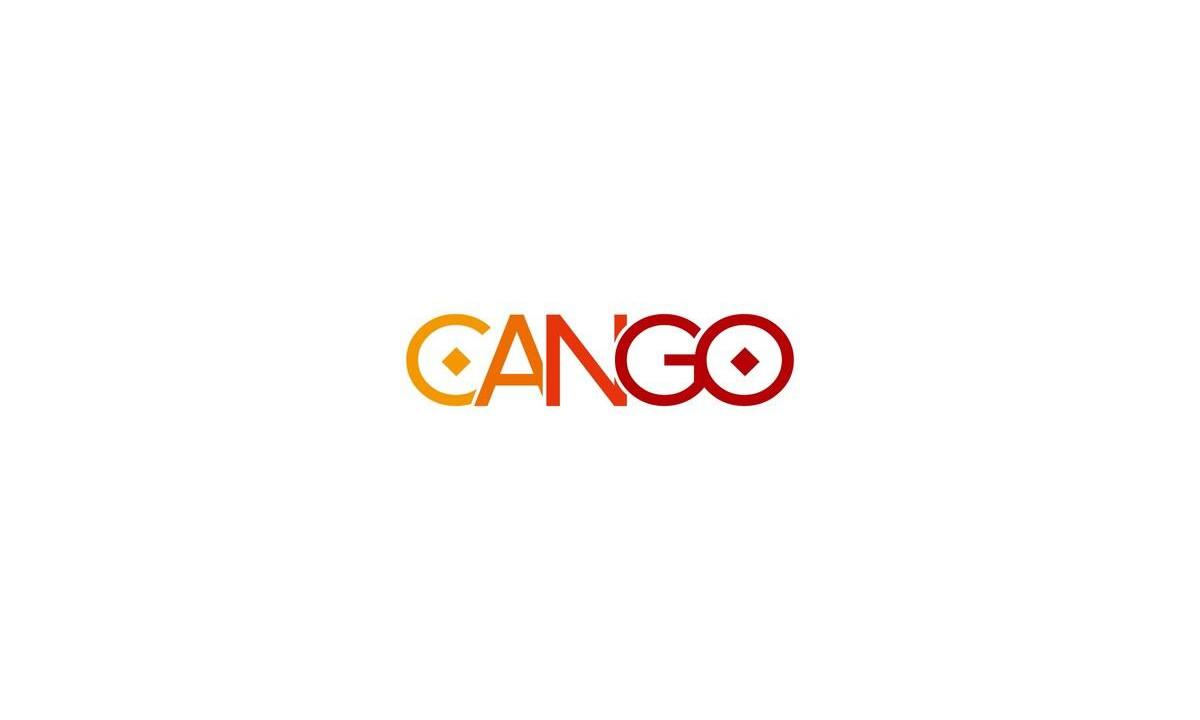Key Points:
- Bitcoin miner Rhodium secured a financing plan from Galaxy Digital offering $30 million or 500 Bitcoin.
- Rhodium filed for bankruptcy on August 24, with debts between $50 million and $100 million.
According to Bloomberg, Texas has granted Bitcoin mining company Rhodium Enterprises an unusual debtor-in-possession financing plan as the latter navigates Chapter 11 bankruptcy protection.

Read more: Rhodium Was Accused Of Owing $26 Million In Hosting Fees
Bitcoin Miner Rhodium Wins Unusual Financing Plan While in Bankruptcy
The plan approved on Friday includes financing options from Galaxy Digital, a blockchain firm led by Mike Novogratz. Galaxy Digital has given Rhodium the option to take out a $30 million loan at an annual interest rate of 14.5% or 500 Bitcoin at an interest rate of 9.5%. Bitcoin miner Rhodium is entitled to repay the Bitcoin loan in US dollars, according to market exchange rates at the time of repayment.
Texas-based miner, which filed for bankruptcy on Aug 24, shows a total debt of $100M and assets ranged between $100M and $500M. In total, six subsidiaries have also joined the filing: Rhodium Encore, Jordan HPC, Rhodium JV, Rhodium 2.0, Rhodium 10MW, and Rhodium 30MW. Rhodium faced financial distress for the most part because of its strained relationship with its landlord and power supplier Whinstone.
Crypto Mining Sector Faces Challenges
The bankruptcy of the Bitcoin miner Rhodiums follows a firm that has been hurled through their history of financial troubles, having defaulted on a $54 million loan in July, prior to lending raises of $78 million.
Rhodiums’ struggles are part of a wider trend pulling down cryptocurrency miners, worsened by a recent Bitcoin halving event and rising costs of electricity that have massively eroded margins. Rival Riot Platforms has filed a lawsuit against Rhodium, which owed over $26 million in unpaid fees.
| DISCLAIMER: The information on this website is provided as general market commentary and does not constitute investment advice. We encourage you to do your own research before investing. |






















